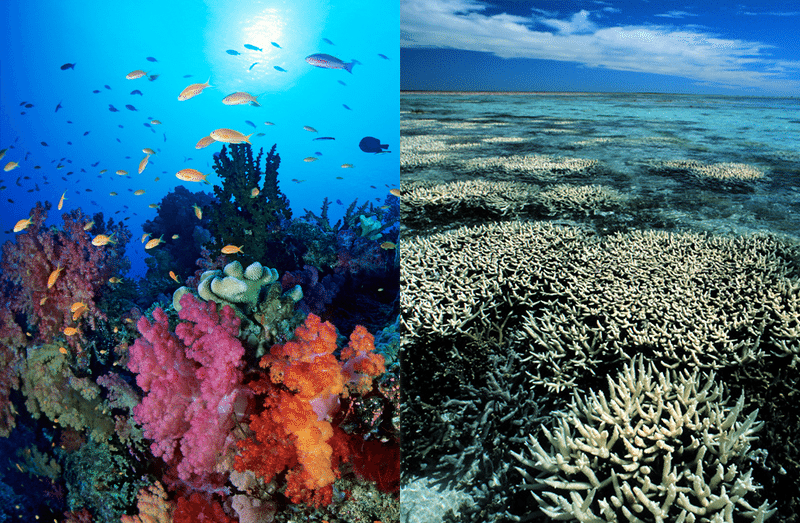- The debate or controversy that I am writing about is how we need do to save this river, by government or individuals?
- The Debate in this Topic is on government and watershed organization are helping to save the river, but those policies are not enough, also the government need to afford the tremendous money that will bring them an economics stress overload, we might deal this situation in a natural or being volunteer to help.
Flavelle, Christopher. “E.P.A. Is Letting Cities Dump More Raw Sewage Into Rivers for Years to Come.” The New York Times, The New York Times, 24 Jan. 2020, www.nytimes.com/2020/01/24/climate/epa-sewage-rivers.html.
Fragoso, Alejandro Davila. “Toxic Pollution Is Still Seeping Into The Anacostia River.” ThinkProgress, 29 Mar. 2016, archive.thinkprogress.org/toxic-pollution-is-still-seeping-into-the-anacostia-river-58ceebcf5022/.
Ryan, Kate. “DC Grant Aims to Bulk up Mussel Count in Anacostia River.” WTOP, 9 Aug. 2019, wtop.com/dc/2019/08/more-mussels-to-be-reintroduced-to-anacostia-river/.
- In this debate, I think/believe/argue this situation need a smarter way or a group power, the government is dealing this in a slow way
- My position is important because it helps us understand/know that due to Christopher’s article, that their way to building a channel to store sewage is way too expensive, and it’s a financial changeling, at this point, volunteering is another power to help effectively.

